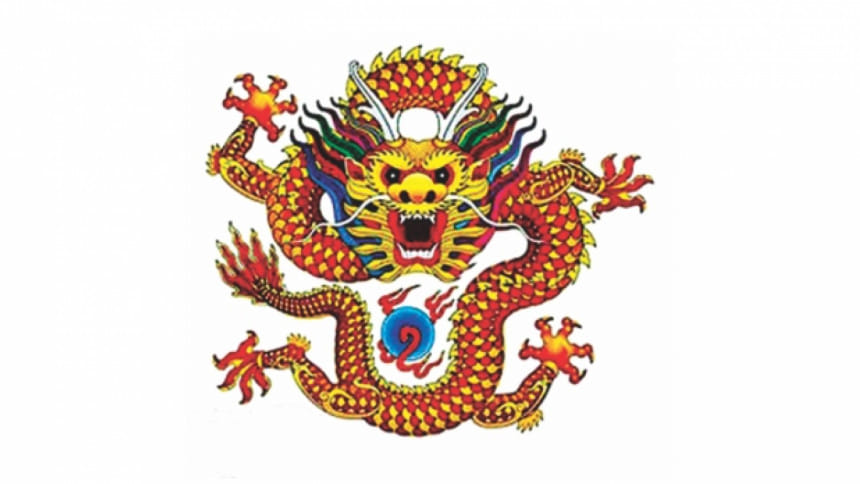Tracking changes in China's foreign policy

Since President Xi Jinping took office in China in 2012, the country has undergone changes in its foreign policy. This is apparent to Chinese scholars as well as to foreign policy experts who had not noticed such changes since 1989. The strategy now used is not only sophisticated but also progressive. The president has created new platforms with which China can substantially influence and control its relations with neighbours. But what are these new elements of the emerging foreign policy of China? To the discerning eye the new policy aims at creating points of influence with which China can directly control its relations with other countries. Experts note that they are progressive in nature yet are not provocative. It gives the impression to the world that China seeks further economic development. Yet in real terms it helps China to enhance its own security and promote long term strategic objectives.
Last November (2014), in the APEC meet, China presented a singular proposal for regional integration. It suggested the creation of a free trade area of the Asia Pacific (FTAAP). The proposal was an alternative to the Trans Pacific Partnership (TPP) sponsored earlier by the United States. China also suggested setting up an Asian investment fund (the AIIB). This is a new version of the Asian Development Bank and the World Bank with more capital and bigger participation by emerging economies. So in effect, instead of withdrawing from existing institutions, China created its own alternative so that it is able to have more control over these institutions and have deeper impact. President Xi Jinping has cleverly sidelined the existing multilateral institutions where China has little voice and influence. But by creating new and bigger institutions it is participating in global organisations where it is able to now play the role it wants. By strengthening several other institutions like the BRICS and the Shanghai Co-operation Organization (SCO), China is quietly counterbalancing Nato and other military cooperation outfits in Asia. It is gradually playing leading roles so that its voice is heard clearly and loudly the world over.
China has devised new plans to counter the 'US pivot to Asia' by proposing two major communication links. The first is 'one belt, one road.' This is a new Silk Road economic belt. It will help to link China with Europe and will pass through Central and West Asia. The other is the 21st century Maritime Silk Road. This link will pass from China and connect South East Asia and South Asia, Africa as well as Europe. This will help China to access resources like oil and gas in these regions. It will also help to overcome security and counter 'US pivot to Asia.' China can do all these subtly so that the world cannot blame it for seeking dominance in this part of the world. While this is true, Beijing would be able to please countries like the US, which has been increasingly blaming China for not playing a bigger role in global affairs. Thus, with one policy stroke China has been able to ingratiate itself to the US and the west as well as to its Asian neighbours. They would all acknowledge the good role China is playing by providing more trade, investment and technology to them.
In the late seventies, when Deng Xiaoping was the supreme leader of China, the foreign policy in China was to hide its strength and bide its time. But China's policy is now more proactive. Yet the Chinese are more circumspect and in many cases show no outward exuberance. This was clear when it was not ready to intervene when Russia quietly took action against Ukraine. China made it clear that it adhered to its policy of non-interference in the internal affairs of any country. Thus China with its big power status was a reluctant stakeholder in the world order. This is in contrast to the new Chinese foreign policy of 'robust engagement' and its right to speak on international matters. However, China has been active in confronting Japan in the contested Senkaku/Diaoyou islands. It has also been active in contesting territories in the East China Sea. In effect, China's foreign policy is at times proactive and on other occasions ambiguous and non-confrontational. Like many states, China tries to make the best out of the current global order and follow its own interests diligently. Yet it has been recently noticed that whenever China sees the possibility of creating new norms, it becomes assertive. Far from being a reluctant stakeholder it sticks to being a reluctant leader.
The beauty of the new Chinese foreign policy is that it intelligently chooses its adversaries and deploys policy tools which can be aggressive where its interests are at stake. It can also use these policy tools which are benign now but which can benefit its interests in the future. So as China's economic clout grows Beijing is forging its own path in international relations.
The writer is a former Ambassador and a commentator on current issues.

 For all latest news, follow The Daily Star's Google News channel.
For all latest news, follow The Daily Star's Google News channel. 



Comments